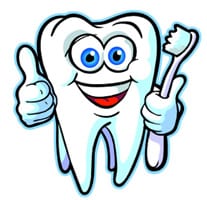There has been a lot of talk recently about sugar and obesity in the news with the government being asked to tax sugary/fizzy drink to help with the obesity epidemic surrounding the nation. These not only play a big part in obesity but also oral health.
Some of the questions we are asked on a routine basis are :-
⦁ How does sugar effect our oral health ?
⦁ How can you tell how much sugar is in products?
An easy way to check for sugar is to look at the list of ingredients, the higher it is up the list the higher the quantities of the sugar content in the product.
Anything ending in “ose” is a form of sugar:
– Fructose
– Glucose
– Lactose
– Sucrose
Many things that we think are healthy/good for us contain high levels of sugar and should be given/consumed infrequently.

⦁ How can I help my child to have good Oral Health?
It is important for children to have sugary and acidic food or drinks just at mealtimes.
Try to give your children water or milk to drink in between meals, try to avoid giving your children drinks containing sugar, including fruit juices, between meals.
Limiting their sugar intakes to mealtimes (3xdaily breakfast/lunch/dinner) as it takes 1 hour for sugar to clear from the mouth and the ph levels to go back to neutral, therefore only allowing the sugar/acid attack to only happen at these times lessening the chance of tooth decay from happening.
Thorough brushing with a fluoride toothpaste last thing at night, and at least one other time during the day (after breakfast, as cereal is good at sticking around the teeth), will help to prevent tooth decay in your children.
Brushing and then spitting the toothpaste out but not rinsing allows the fluoride to stay on the tooth for longer allowing greater protection.

Article written by Kirsty Sim, Hygienist at Cherrytree Dental Practice.

